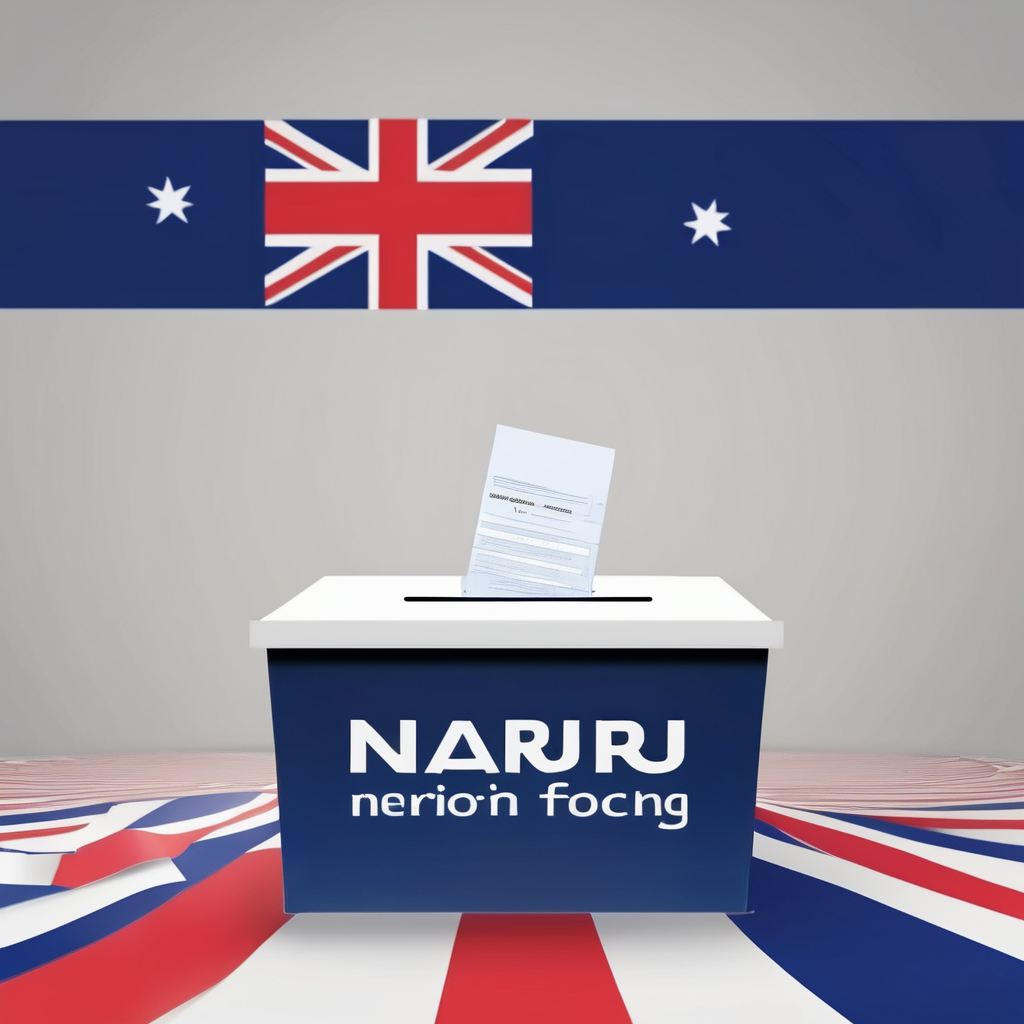Nauru is set to conduct crucial elections on Saturday, where citizens will have the opportunity to elect their members of parliament and weigh in on a significant constitutional change. The polls will see participation from a diverse pool of candidates, including 60 individuals, out of which six are women, competing for seats in the 19-member parliament representing 14 administrative districts divided into eight constituencies.
The elections come at a time when the island is alive with festivities, hosting the Musical Festival and Miss Micronesia Pageant from October 6 to 9. This cultural event adds a vibrant backdrop to the democratic process, highlighting the community’s engagement as parliamentary elections approach.
Currently, the parliament’s term is set to three years, but lawmakers have voted to extend this term to four years. However, to enact this constitutional amendment, a two-thirds majority of voters must agree during the referendum. This particular vote underscores the importance of citizen involvement as voting is mandatory for all Nauruans aged 20 and older.
Among the notable candidates is the incumbent President David Adeang, aged 55, who is contesting for a position in the Ubenide constituency, where he is up against 11 other candidates for four available seats. The Nauru Electoral Commission has conducted a candidate ballot draw and is encouraging all eligible voters to engage in the election, emphasizing the significance of their voices in shaping the nation’s future.
The eight constituencies are as follows, with their respective seat allocations: Aiwo (2), Anabar (2), Anetan (2), Boe (2), Buada (2), Meneng (3), Ubenide (4), and Yaren (2). The electoral process in Nauru not only facilitates the choice of leadership but also serves as a platform for citizens to express their desires for governance and constitutional reform, proving the vitality of democracy in this Pacific nation.
With a commitment to ensuring responsive and accountable governance, the upcoming elections present a hopeful opportunity for Nauruans to influence the political landscape and empower their communities.
